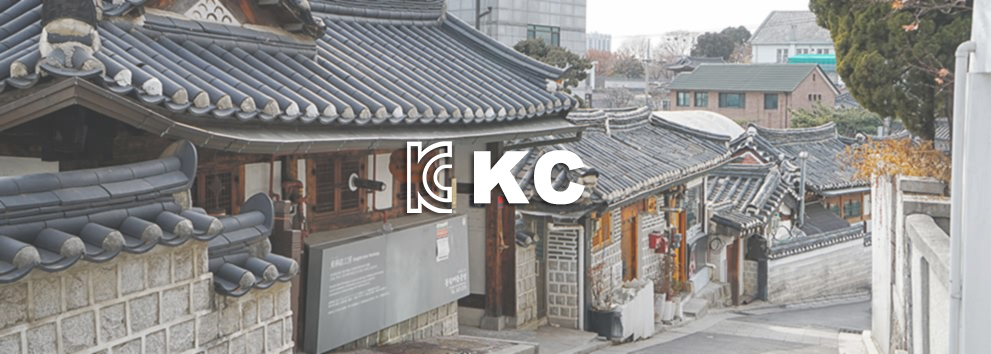New battery technology — Sodium-ion battery
New battery technology — Sodium-ion battery,
sodium-ion battery,
▍What is KC?
Since 25th Aug., 2008,Korea Ministry of Knowledge Economy (MKE) announced that the National Standard Committee will conduct a new national unified certification mark — named KC mark replacing Korean Certification during the time between Jul. 2009 and Dec. 2010. Electrical Appliances safety certification scheme (KC Certification) is a mandatory and self-regulatory safety confirmation scheme according to Electrical Appliances Safety Control Act, a scheme which certified safety of manufacture and sale.
The difference between mandatory certification and self-regulatory (voluntary) safety confirmation:
For the safe management of electrical appliances, KC certification is divided into mandatory and self-regulatory (voluntary) safety certifications as the classification of danger of product.The subjects of Mandatory certification is applied to electrical appliances which its structures and methods of application may cause serious dangerous results or obstacle such as fire, electric shock. While the subjects of self-regulatory (voluntary) safety certification is applied to electrical appliances which its structures and methods of application can hardly causes serious dangerous results or obstacle such as fire, electric shock. And the danger and obstacle can be prevented by testing the electrical appliances.
▍Who can apply for KC certification:
All legal persons or individuals both at home and abroad who are engaged in manufacturing, assembly, processing of electrical appliance.
▍Scheme and method of safety certification:
Apply for KC certification with product’s model that can be divided into basic model and series model.
In order to clarify model type and design of electrical appliances, an unique product name will be given according to its different function.
▍ KC certification for Lithium battery
- KC certification standard for lithium battery:KC62133:2019
- Product scope of KC certification for lithium battery
A. Secondary lithium batteries for use in portable application or removable devices
B. Cell is not subject to KC certificate whether for sale or assembled in batteries.
C. For batteries used in energy storage device or UPS (uninterruptible power supply), and their power which is greater than 500Wh are beyond the scope.
D. Battery whose volume energy density is lower than 400Wh/L comes into certification scope since 1st, Apr. 2016.
▍Why MCM?
● MCM keeps a close cooperation with Korean labs, such as KTR (Korea Testing & Research Institute) and is able to offer the best solutions with high cost performance and Value-added service to clients from the point of lead time, testing process, certification cost.
● KC certification for rechargeable lithium battery can be gained by submitting a CB certificate and convert it into KC certificate. As a CBTL under TÜV Rheinland, MCM can offer reports and certificates which can be applied for conversion of KC certificate directly. And the lead time can be shortened if applying CB and KC at the same time. What’s more, the related price will be more favorable.
Lithium-ion batteries have been widely used as rechargeable batteries since the 1990s due to their high reversible capacity and cycle stability. With the substantial increase in the price of lithium and the increasing demand for lithium and other basic components of lithium-ion batteries, the increasing shortage of upstream raw materials for lithium batteries is forcing us to explore new and cheaper electrochemical systems based on existing abundant elements. Lower-cost sodium-ion batteries are the best option. Sodium- ion battery was almost discovered together with lithium-ion battery, but because of its large ion radius and low capacity, people are more inclined to study lithium electricity, and the research on sodium-ion battery almost stalled. With the rapid growth of electric vehicles and energy storage industry in recent years, the sodium-ion battery, which has been proposed at the same time as lithium-ion battery, has again attracted people’s attention.
Lithium, sodium and potassium are all alkali metals in the periodic table of the elements. They have similar physical and chemical properties and can be used as secondary battery materials in theory. Sodium resources are very rich, widely distributed in the Earth’s crust and simple to extract. As a substitute of lithium, sodium has been paid more and more attention in battery field. The battery manufacturers scramble to launch the technology route of sodium-ion battery. Guiding Opinions on Accelerating the Development of New Energy Storage, Scientific and Technological Innovation Plan in the Energy Field during the 14th Five-Year Plan Period, and Implementation Plan for the Development of New Energy Storage during the 14th Five-Year Plan Period issued by the National Development and Reform Commission and the National Energy Administration have mentioned to develop a new generation of high-performance energy storage technologies such as sodium-ion batteries. The Ministry of Industry and Information Technology (MIIT) has also promoted new batteries, such as sodium-ion batteries, as ballast for the development of the new energy industry. Industry standards for sodium-ion batteries are also in the works. It is expected that as the industry increases investment, the technology becomes mature and the industrial chain is gradually improved, the sodium-ion battery with high cost performance is expected to occupy part of the lithium-ion battery market.Aluminum foil can be used as a current collector for the positive and negative electrode of sodium-ion batteries. Lithium-ion batteries have low negative potential and must use copper foil that is not corroded. Sodium-ion batteries, on the other hand, have a high negative potential, so they don’t alloy with sodium. Aluminum foil is lower in weight and cost than copper foil.









